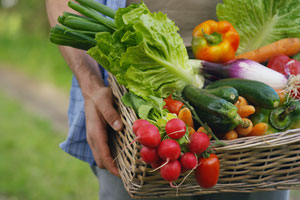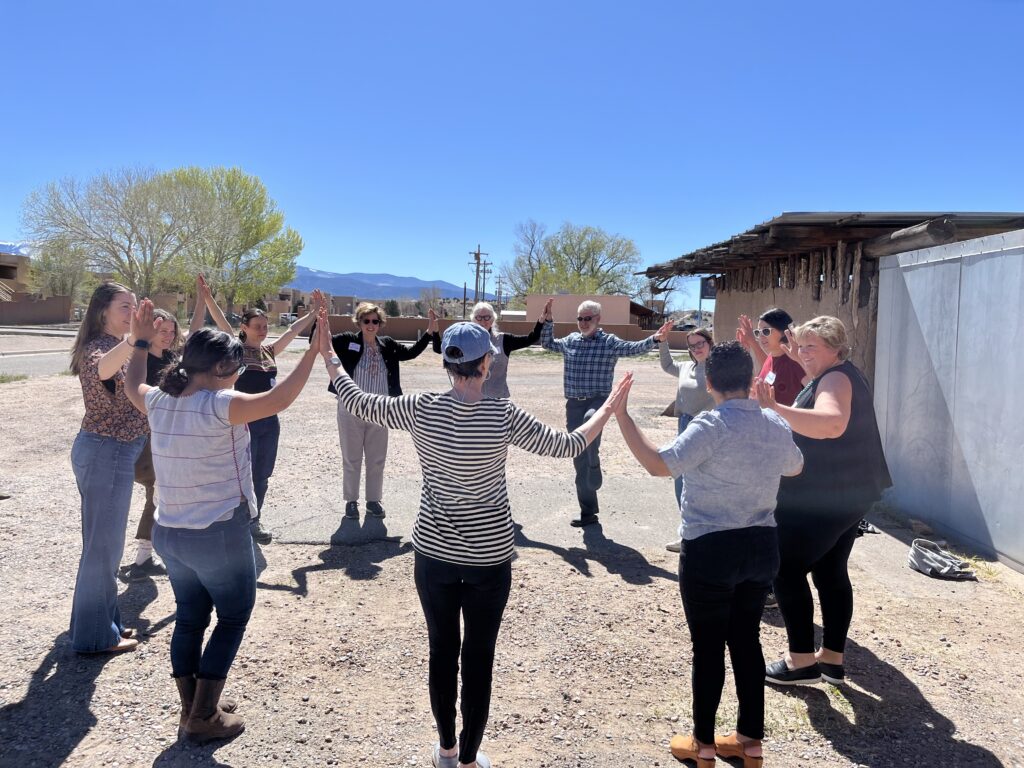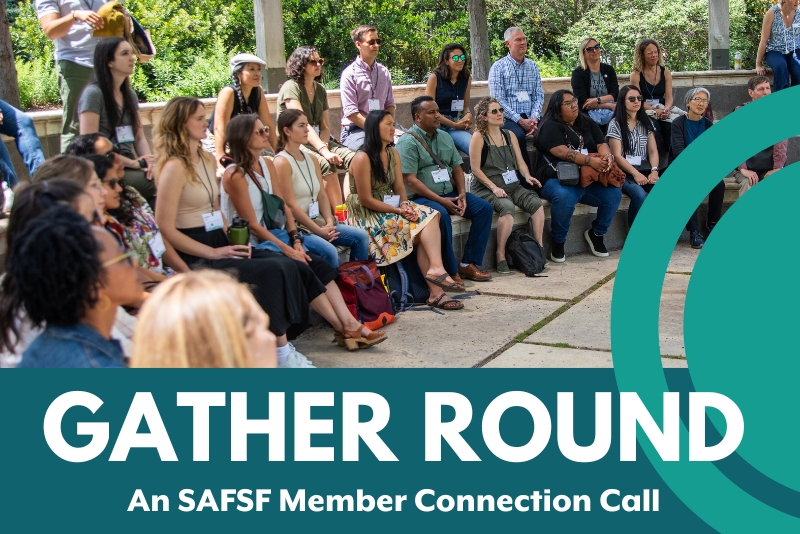
- This event has passed.
The Food-Energy Nexus: Climate Opportunities for Cross-Sector Collaboration
September 7, 2023 @ 9:00 am – 10:30 am PDT
Cohosted by SAFSF, Global Alliance for the Future of Food, Walton Family Foundation, and McKnight Foundation
Over the past several decades, strategies to reverse climate change have focused on decarbonizing the most emissions-intensive sectors: nearly three-quarters of global greenhouse gas emissions (GHGs) come from energy use for electricity, heating and transport. Nevertheless, we are expected to surpass the emissions budget to stay within 1.5ºC before the end of this decade due to all the fossil fuel emissions that have accumulated in the atmosphere. While energy use contributes to nearly three-quarters of global GHG emissions, food systems contribute to one-third. While we must continue to advocate for food systems transformation to be a climate priority, it cannot come at the expense of a phase out of fossil fuels. A clean energy transition will not happen without food systems transformation, and vice versa.
The results of the food-energy nexus opportunities assessment will provide a better understanding of the interconnectedness of food systems and energy systems (including fossil fuels) considering tradeoffs, synergies, gaps, and opportunities between them. It aims to support philanthropic foundations, policymakers, and climate advocates to explore a more coordinated approach to food systems transformation vis-a-vis fossil fuel phase out and clean energy transition strategies. The presentation will form the basis for participants to both reflect and take action, and will feature a diversity of perspectives from sectors (food, nature, oceans, health, land, energy), geography (global north, global majority), race, and gender.
This 90-minute workshop will explore how fossil fuel dependency is holding back food systems transformation, focused on environment, health, and justice. Join us to better understand how food systems and energy systems intersect with one another and explore opportunities for synergies and collaboration.
Agenda for Session:
- Presentation of insights and key messages from a food-energy nexus opportunities assessment
- Panel discussion with speakers on synthetic agri-chemical/fertilizer production and use, food systems, and fossil fuel phase out
- Facilitated breakout group discussion with participants to explore the tensions, synergies and opportunities for collaboration
This is a free, funder-only event. Registration is required.
SPEAKERS
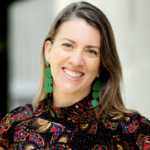
Anne Lappé, Global Alliance for the Future of Food
Anna Lappé is an internationally recognized expert on food systems and the Executive Director of the Global Alliance for the Future of Food. Named one of TIME’s “eco” Who’s-Who, Anna is the founder or co-founder of three national organizations, including Real Food Media, a communications strategy non-profit, and the Small Planet Fund, which supports democratic social movements worldwide. In 2016, she launched the Food Sovereignty Fund of the Panta Rhea Foundation. In this role, Anna worked closely with philanthropic partners around the world, including the Global Alliance of the Future of Food, the Sustainable Agriculture and Food Systems Funders, and the Agroecology Fund. She is an active board member of the Rainforest Action Network and serves on the Steering Committees of the Food and Farm Communications Fund and the Castanea Fellowship. A recipient of the James Beard Leadership Award, Anna is the co-author or author of three books on food, farming, and sustainability and the contributing author to, or featured in, nineteen more. Anna’s work has been translated internationally and featured in The Washington Post, The New York Times, Gourmet, Oprah Magazine, among many other outlets. A frequent public speaker, her popular TEDx talks and Food MythBuster videos have been viewed nearly 2 million times. Anna is based in the San Francisco Bay Area where she lives with her husband and their two daughters.
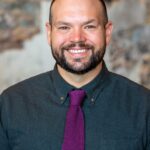
Michael Roberts, McKnight Foundation
Michael Roberts joined McKnight as senior program officer with the Midwest Climate & Energy program in November 2022. In this role, he oversees and develops significant grant portfolios that support efforts to build power through partnerships, aligning McKnight’s climate and equity goals to advance solutions to the climate crisis. Michael has devoted his career to working at the intersections, connecting issues of climate resilience, land stewardship, community development, and social justice. Michael most recently lived in Athens, GA, where he worked locally on issues of land conservation, farmer and food system development, and building bridges between local community development and weatherization and renewable energy initiatives. He also provided philanthropic strategy advisory services in the arenas of environmental justice, climate resilience, and racial equity as an independent consultant.
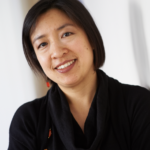
Patty Fong, Global Alliance for the Future of Food
Patty Fong is Program Director for Climate and Health at Global Alliance for the Future of Food, an alliance of philanthropic foundations working together and with others to transform food systems globally. She was formerly founding COO and Program Director for more than a decade at the European Climate Foundation, a major philanthropic initiative established by several global foundations in 2008, with a focus on European leadership on climate and energy. Early on in her career, Patty helped launch and manage the Energy Foundation’s China Sustainable Energy Program, the first major philanthropic initiative on climate and energy in China.
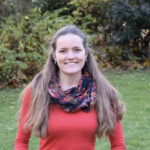
Lisa Tostado, Center for International Environmental Law
Lisa Tostado (she/her) is the Agrochemicals and Fossil Fuel Campaigner in CIEL’s Fossil Economy Program, based in Paris. As such, she is connecting different movements (food systems, plastics, climate, toxics, …) to advocate for the need of a profound transformation to resilient, regenerative, fossil-free food systems. A focus of her work is to expose the various shortcomings of the agrochemical industry’s bet on supposedly green fertilizers. Prior to joining CIEL, Lisa worked at the Heinrich Böll Foundation Brussels where she headed the international Climate, Trade and Agriculture Policy Program.
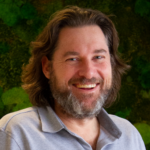
Michael Bosse, ClimateWorks Foundation
Michael is Deputy VP of Programs and helps lead ClimateWorks’ Programs team to scale transformative climate strategies and deliver on the Foundation’s mission to support and amplify the impact of the philanthropic community in tackling the climate crisis. Most recently, Michael was the National Program Director of the Sierra Club, the largest grassroots environmental organization in the United States. During almost ten years at Sierra, Michael co-lead a team of more than 300 campaigners, lobbyists, organizers, lawyers, and other staff working to transform the United States’ energy economy, address climate and other pollution, protect natural lands, waters and wildlife and expand access to the outdoors. Michael supported Sierra Club’s teams that helped shape and pass critical federal legislation including the Inflation Reduction Act. He oversaw teams that facilitated clean energy development, shut down or stopped plans for billions of dollars of fossil fuel infrastructure, protected millions of acres of land, and advanced environmental litigation including in the Supreme Court.
Prior to joining the Sierra Club, Michael spent 13 years at Equal Access International, a media development organization. He was operational co-founder and served as Vice President of Programs and Operations overseeing more than a 100-person staff in seven in-country project offices and reaching an audience of tens of millions in Asia and Africa. Michael started his professional career as a lawyer at Herbert Smith Freehills in Melbourne, Australia, and is a graduate of Australia’s Bond University where he served as President of the Student Union and earned degrees in Law and Journalism/International Relations.
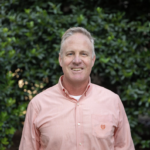
Mark Muller, Regenerative Agriculture Foundation
Mark Muller came to RAF in 2020 after spending over 20 years working on regenerative agriculture, conservation, addressing racial disparities in the food system, and policy advocacy. While at RAF, Mark has advanced RAF’s priority of providing funding for smaller organizations that are developing bold solutions to the most important issues facing communities. Prior to RAF, Mark most recently served as director of the Mississippi River program at the McKnight Foundation, and prior to that he directed the Food & Community Fellows program at the Institute for Agriculture and Trade Policy. He also spent two years teaching high school in New York City and 18 months volunteering in Honduras and Guatemala. He lives in Minneapolis.
